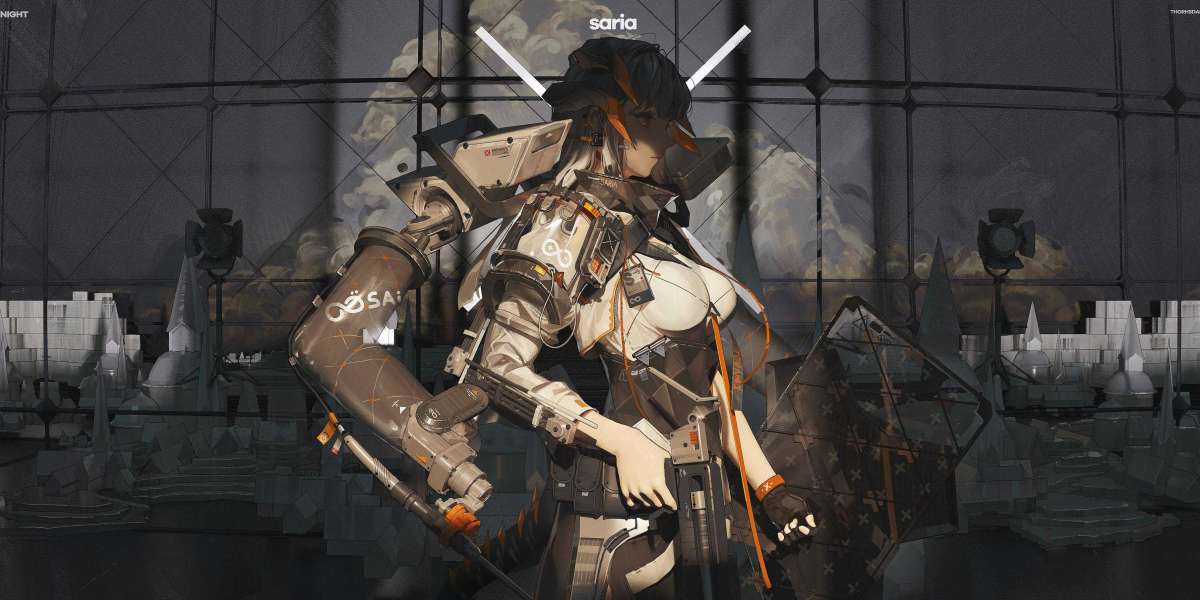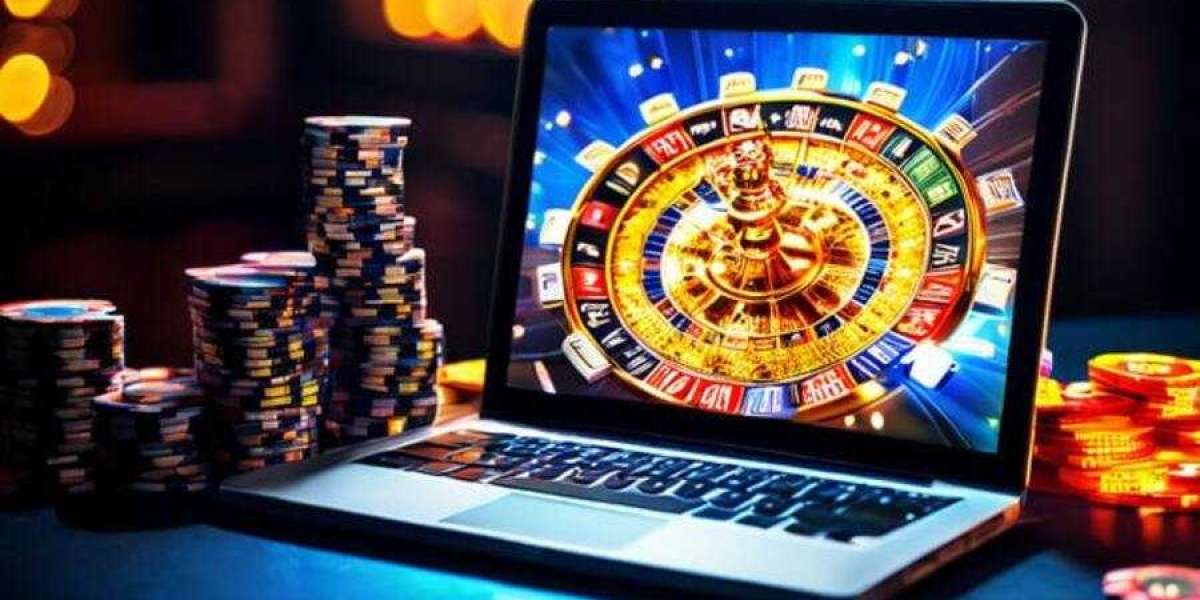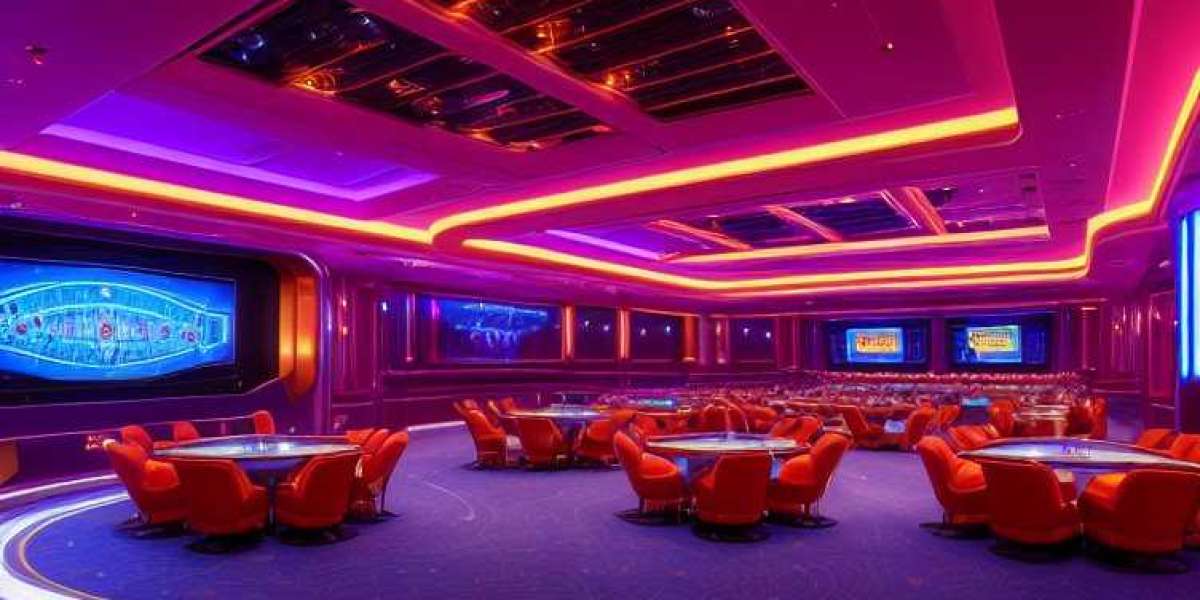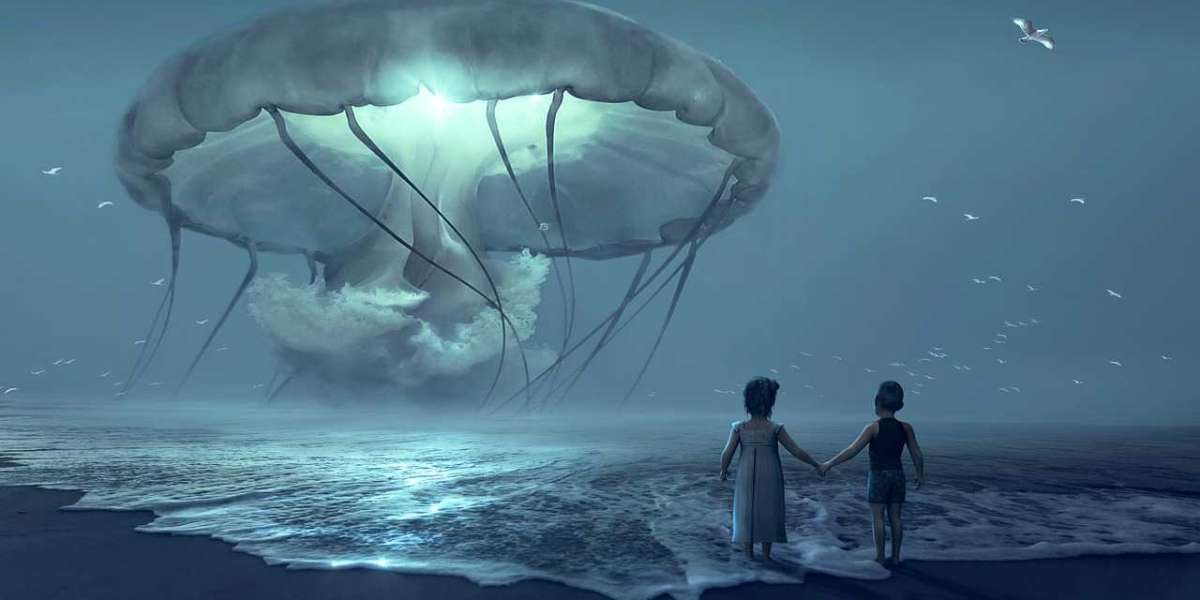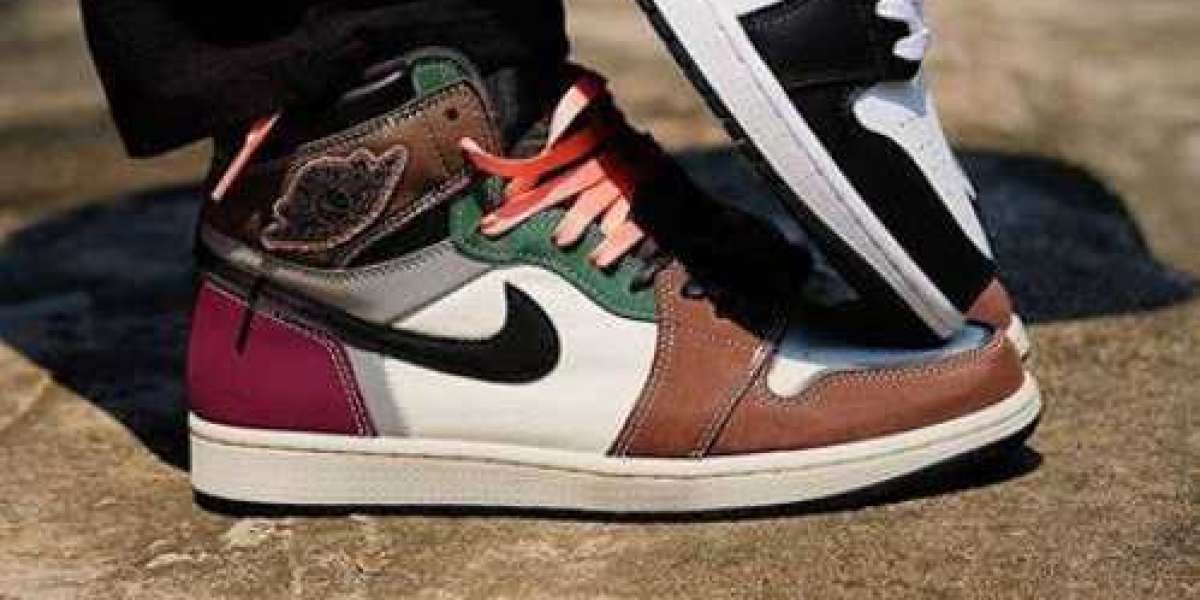Introduction:
The year 1968 was a tumultuous time for the United States, marked by intense social and political unrest. One event that stands out is the Democratic National Convention in August, held in Chicago, Illinois. The convention was intended to select the Democratic Party's candidate for the upcoming presidential election. However, what transpired during those eventful days went beyond the typical proceedings of a political event, as it became a focal point for protests, clashes with law enforcement, and a reflection of the deep divisions within the nation.
The 1968 Democratic National Convention in Chicago became a historic event, largely due to the incredible fervor and energy that surrounded it. As thousands of people descended upon the city, the atmosphere was charged with enthusiasm, anger, and a sense of urgency. The Vietnam War had escalated, civil rights struggles continued, and the unresolved assassinations of prominent leaders such as Martin Luther King Jr. and Robert F. Kennedy hung heavily over the nation.
Protests against the war started days before the convention, with an array of anti-war organizations rallying together with diverse causes and demands. Numerous activist groups, including the Youth International Party (Yippies), the Black Panthers, and the National Mobilization Committee to End the War in Vietnam (MOBE), converged in Chicago to make their voices heard and challenge the political establishment.
However, tensions quickly escalated between the protesters and the authorities, leading to chaotic scenes on the city streets. The clash between law enforcement, which included the Chicago Police Department and the Illinois National Guard, and the protesters was significant, with scenes of violence and unrest being broadcasted nationwide by the media.
Inside the convention hall, heated debates unraveled as delegates fought over party rules and the Vietnam War. Allegiances and divisions within the Democratic Party were laid bare for the public to witness. Ultimately, the party selected Vice President Hubert Humphrey as their nominee, an outcome that disappointed many protesters who had hoped for a more progressive candidate.
The events surrounding the 1968 Democratic National Convention showcased the deep social, political, and generational divisions within the country. The protests, clashes, and subsequent trials that followed left a lasting impact on American society. It became a pivotal moment in the nation's history, further fueling the counter-culture movement and highlighting the need for change. The 1968 convention and its associated events remain an indelible chapter in American political and social discourse, reminding us of the power of collective action, the importance of peaceful protest, and the enduring struggle for a more equitable society.

